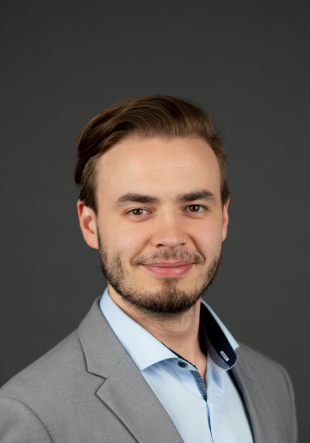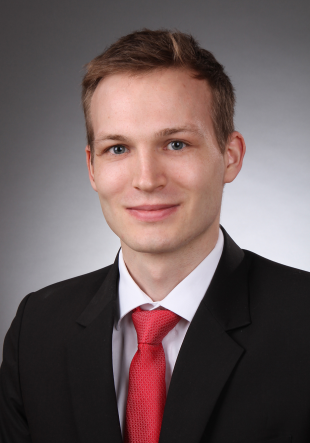“DigiBus” project helps industrial companies get started
Digital platforms play an important role for companies, both in direct customer sales and in trade with each other. That is why the innovation project “DigiBus – Digital Business” was launched in November of 2018 as part of the it’s OWL leading-edge cluster. Researchers from the Heinz Nixdorf Institute at Paderborn University, from the SICP – Software Innovation Campus Paderborn, from the Fraunhofer Institute for Mechatronic Systems Design (consortium manager) and consultants from UNITY AG worked with the user companies, WAGO Kontakttechnik GmbH & Co. KG and DENIOS AG, to create a toolkit for developing a proprietary platform strategy. After two and a half years, this marks the successful conclusion of a project that received nearly three million euros in funding from the Ministry for Economy, Innovation, Digitization and Energy of the State of North Rhine-Westphalia (MWIDE NRW).
“Ongoing digitization allows manufacturing companies in particular to use the potential of digital platforms. However, introducing these tools requires new business models that are very different from the traditional business models,” explains Michel Scholtysik, a scientist from the Advanced Systems Engineering expert group at the Heinz Nixdorf Institute, led by Prof. Roman Dumitrescu (Doctor of Engineering). “One big challenge is simply understanding the various facets of the platform economy. Companies don’t have a clear overview of use cases and best practices,” adds Simon Hemmrich, a research associate at the SICP at Paderborn University.
Many companies, for example, are interested in establishing a digital platform where they can offer their services and benefit from greater customer interactions than with traditional sales. “But often they are missing the design knowledge that they need to get started,” says Scholtysik. The goal of “DigiBus” was therefore to make digital platforms accessible for companies and to make them easier to start using.
The SICP, represented by the working groups led by Prof. Daniel Beverungen, Prof. Nancy Wünderlich and Prof. Dennis Kundisch, first worked with the project partners to survey and analyze all the challenges of a platform business. Then they created a kind of roadmap, beginning with an orientation phase. The “platform radar” developed for this purpose (www.plattform-radar.de) provides a wide-ranging overview of the existing platforms and their common characteristics. Next, the potential of a digital platform is identified in the context of strategy development and explained transparently for the companies. This knowledge is used to develop concrete ideas and finally to plan the future business.
“In this project, a platform idea was developed and designed for DENIOS AG as well as for WAGO Kontakttechnik GmbH & Co. KG. These will be further developed and published in the future,” says Scholtysik. So that even more companies can benefit from the successful work done in the “DigiBus” project, the researchers are currently also creating a collection of methods that will be published in book form.



